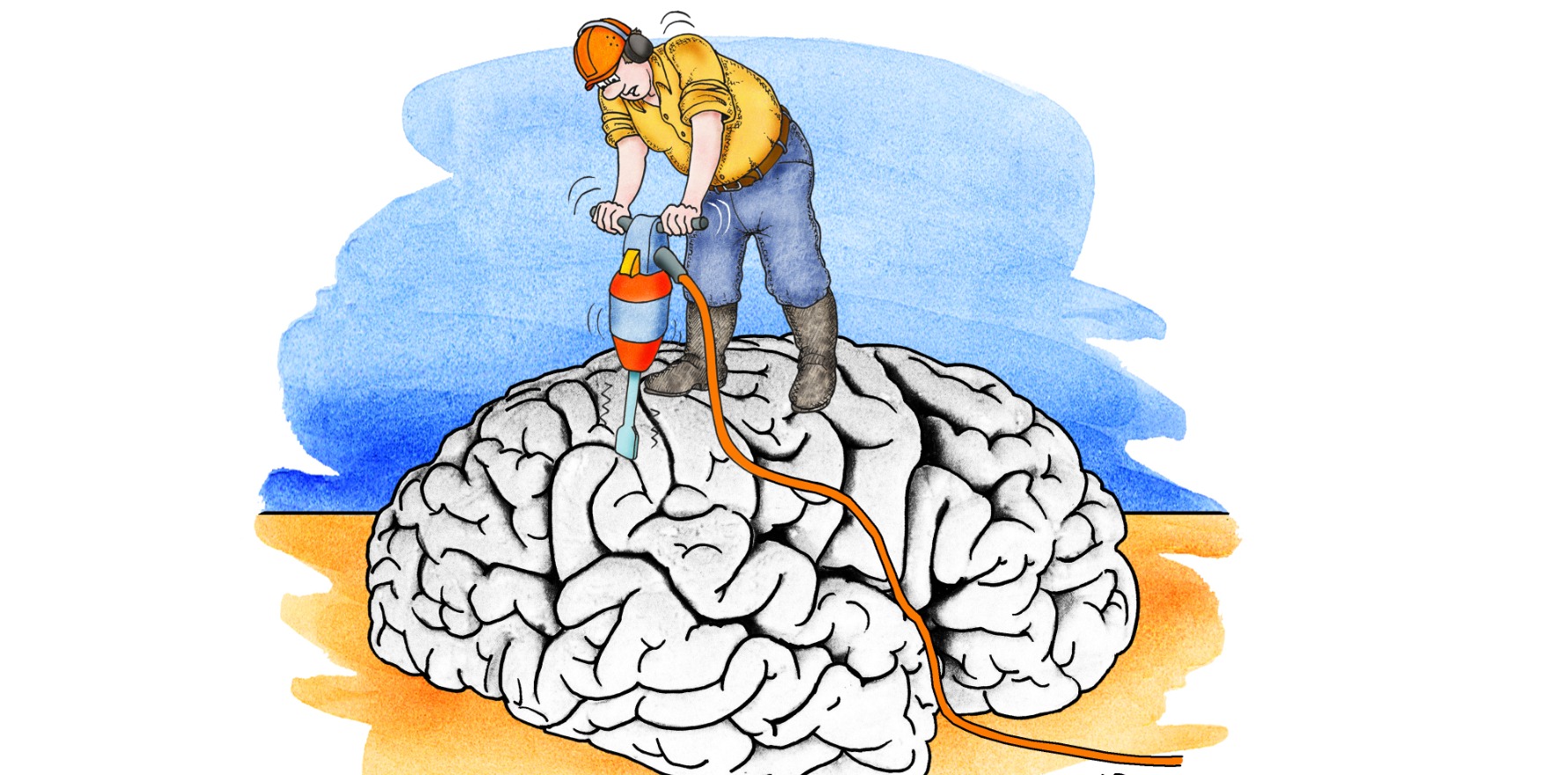… according to a group of pro-psychedelic-therapy clinicians, that is.
The Australian Multidisciplinary Association for Psychedelic Practitioners (AMAPP) aren’t the first group to criticise the TGA’s unexpected decision to down-schedule psychedelic medicines, but they’re one of the only ones to argue it didn’t go far enough.
The TGA’s final ruling on psychedelics came out in February of this year and made Australia the first country to green-light psilocybin and MDMA as therapies for some treatment-resistant mental illnesses outside of clinical trials.
It was a complete reversal of the drug regulator’s interim ruling on the matter, which it had made less than six months prior.
From 1 July, Australians with treatment-resistant depression or PTSD have been able to access psilocybin or MDMA respectively.
The decision, while radical, came with a number of caveats.
For a start, the therapies can only be administered by psychiatrists who have sought and obtained approval both from a human research ethics committee and via the TGA under the Authorised Prescriber Scheme.
These psychiatrists are required to be physically present to administer the medication and to take part in every therapy session.
According to the TGA, the minimum standard of training for all staff involved in patient oversight is that of a registered clinical psychologist.
The TGA said it expected that treatment protocol would involve supervised dosing of a patient in a day hospital or inpatient setting and the Royal Australian and New Zealand College of Psychiatrists recommends “highly controlled” conditions and careful monitoring of efficacy and safety.
“The prescribing psychiatrist carries overall responsibility for the course of [psychedelic assisted therapy], including patient selection, detailed assessment, obtaining informed consent, monitoring outcomes and progress of the therapy, and appropriate plans for follow up after the completion of treatment,” the RANZCP said.
While it has developed resources to help guide psychiatrists who are interested in prescribing, the college has made it clear that it did not agree with the TGA’s decision to down-schedule.
The existing published evidence for the efficacy of both drugs, the college pointed out, was graded as low or very low certainty.
“These treatments are experimental, and a cautious initial approach is merited to help prevent potential serious adverse outcomes for patients,” it said.
But AMAPP chairman Dr Anthony Bloch, a GP in Queensland, said that the current regulatory system was too stringent.
“The current regulatory system is virtually unworkable, overly cautious and cumbersome and needs to evolve with the help and input from those practitioners who have appropriate knowledge and experience working in the psychedelic field,” he said.
The pro-psychedelic therapy organisation is calling for an “urgent meeting of ‘minds and regulators’” to develop even more progressive guidelines and regulations.
Failure to do so, Dr Bloch said, risks pushing “desperate vulnerable patients” to unregulated therapists.
“The current TGA requirement for a psychiatrist to be physically present at every therapy session and personally administer medication to clients, regardless of their role within the therapy team, is an impractical and cumbersome practice,” said Dr Bloch.
“Most psychiatrists would not be able to do this in their current model of practice.
“In some cases, it would be inadvisable and may contribute to worse outcomes in clients that have had to have prolonged and careful preparatory sessions with therapists they have come to trust.”
He stressed that the organisation supported the safe and careful implementation of psychedelic therapy, but that the current regulations were limited by “too much bureaucracy”.





